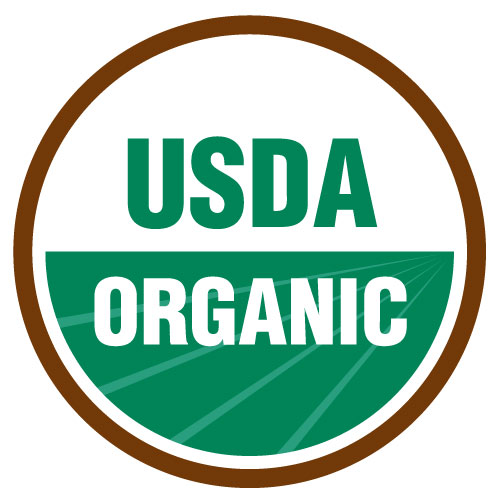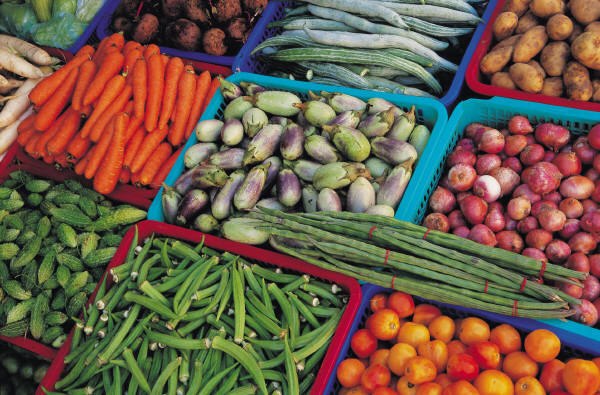
Organic: Is it Worth It and What to Buy?
If keeping pesticides and GMOs out of your food and out of your body is important to you, buying organic is the way to go. Most conventional fruit and vegetables are treated with pesticides, herbicides and genetically modified to keep bugs and weeds away.
The problem is, this approach is not only harmful to pests, but it is harmful to us as well. Many of the chemicals that are sprayed on our food promote cancer and disease. Even low-level exposure to organophosphate pesticides can produce long-term damage to your brain’s cognitive abilities and can increase the risk of attention-deficit/hyperactivity disorder (ADHD) in children.
Genetically modified food (GMOs) is another major problem that is now beginning to show potential harmful effects on our health. GMOs are in THE MAJORITY of packaged and processed foods but most consumers are unaware of these ingredients because food manufacturers are currently not required to label them. GMO corn and soybeans are also routinely fed to the poultry and livestock that end up on our dinner table every day.
What Food and Food Ingredients are Genetically Modified?
Another reason to switch to organic is the produce has been shown to be more nutritious, containing higher amounts of vitamins and minerals compared to conventionally grown produce. A review of 41 published studies found greater levels of vitamin C (27 percent), iron (21.1 percent), magnesium (29.3 percent) and phosphorus (13.6 percent).
 If you can feed yourself and your family as much organic food as possible, it is a good choice. For those who can’t afford to buy all organic food, there are some fruits and vegetables that have more pesticides and others that have less pesticides. The best strategy is to buy organic the most heavily treated produce, such as apples, celery and tomatoes, and buy conventionally grown produce with the least amount of pesticides.
If you can feed yourself and your family as much organic food as possible, it is a good choice. For those who can’t afford to buy all organic food, there are some fruits and vegetables that have more pesticides and others that have less pesticides. The best strategy is to buy organic the most heavily treated produce, such as apples, celery and tomatoes, and buy conventionally grown produce with the least amount of pesticides.
The Environmental Working Group has established The Dirty Dozen and Clean 15 that lists the produce with the highest and lowest amount of pesticides in them.
Another good source is the Non-GMO Shopping Guide.
When you buy USDA organic, you are assured the products are pesticide and GMO-free. You are also more likely to consume a more nutritious product compared to conventionally grown products to keep you and your family healthy.
Sources:
https://www.sciencedaily.com/releases/2012/12/121202113712.htm
https://www.reuters.com/article/2010/05/17/us-adhd-pesticides-idUSTRE64G41R20100517
https://www.naturalnews.com/041456_organic_food_improved_nutrition_health_benefits.html


